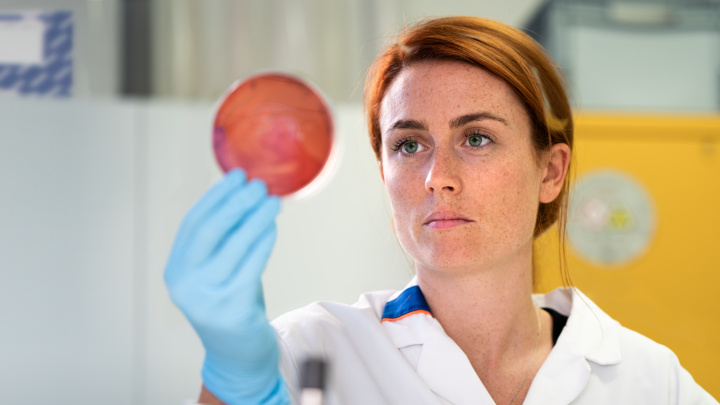


















Analyzing the microbiome requires enormous amounts of data because of the relative abundance of the species. Wardill works closely with bioinformatics specialists who help to tease apart that data. “We start with larger-scale outcome measures, so we can look at significant signals and phenomena that may be happening. Once we identify those, we work down to isolate a more specific mechanism that may be at play. Read the full story on Hannah’s research here.
We are excited to announce that Dr. Hannah Wardill will present at the online QIAGEN CLC online User Group Meeting on May 27, 2020. More information, the agenda and registration can be found here.
In Dr. Hannah Wardill’s presentation entilted 'Understanding host-microbe interactions in oncology and applications in the provision of personalized supportive care', she will discuss:
Register now for this two-day online summit – featuring QIAGEN CLC Genomics product updates, training and Q&A sessions, as well as real world use cases from academic and industry experts.
Learn more about Dr. Hannah Wardill and her impactful research and follow her on twitter @hannahrwardill.